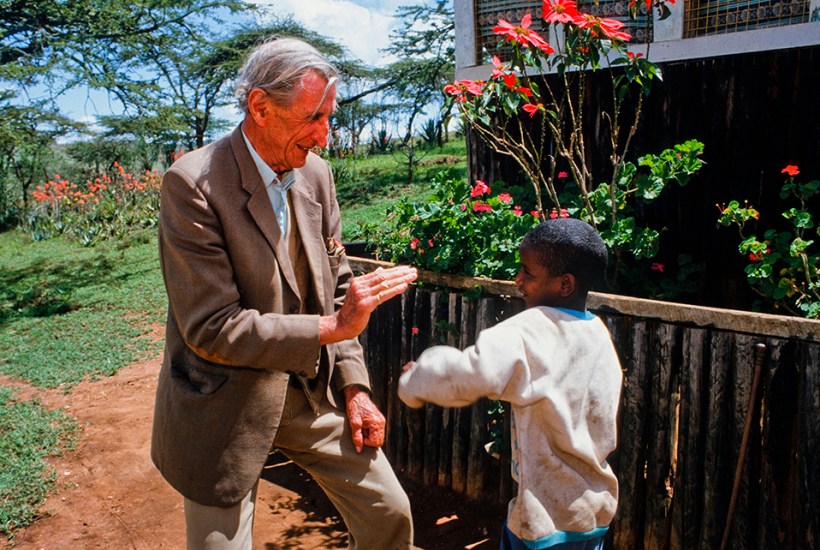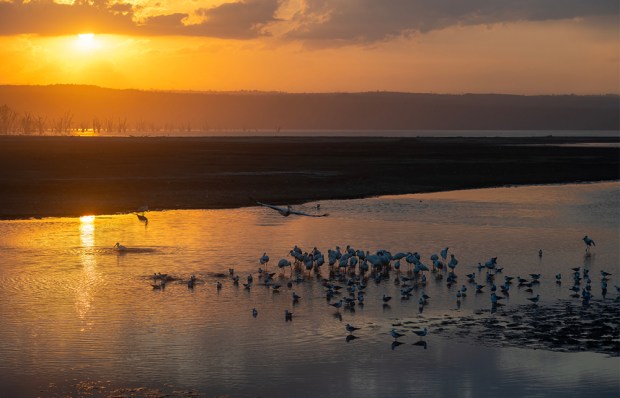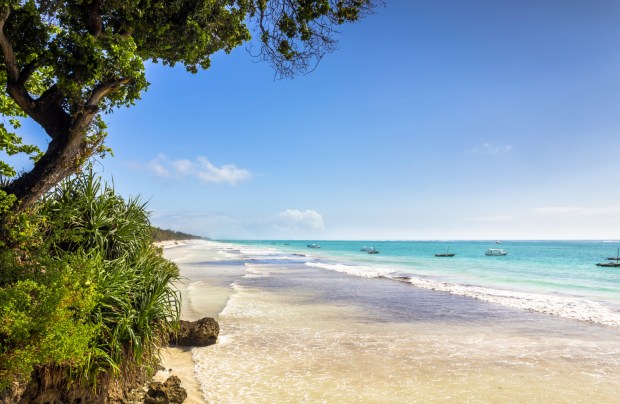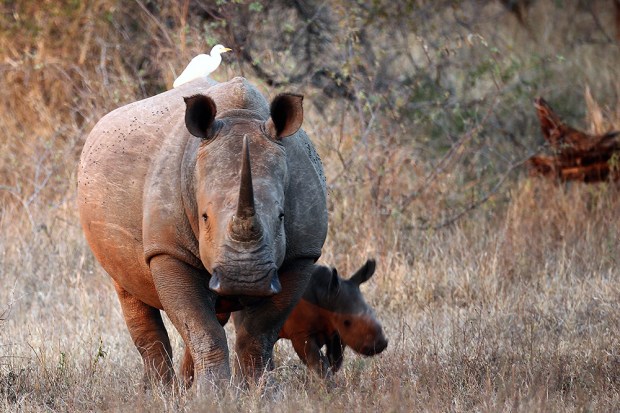When Wilfred Thesiger arrived in the port of Al Mukalla after his foot crossing of the Empty Quarter desert with the Bedu in 1948, he wore only Arab clothes. My father lent him a pair of trousers and a razor so he could get cleaned up before going to dinner. A friend of mine this week just read Thesiger’s superb Arabian Sands and reminded me that the author claimed his razor and European clothes had been sent from Salala, with no mention of Dad’s kindness. Also this week in London, I met an old Yemeni friend whose family comes from the edge of the Empty Quarter and, while discussing the politics of our troubled nations, he remembered the knowledge my father and his fellow political officer Peter Davey had of the Arabic language down to the local dialect, displayed in their various letters. It does not matter that Thesiger spoke little Arabic. He cared about the Arabs, and what bothered my Yemeni friend was that the British do not care enough about the Yemen today, despite our important history there.
Stories of Yemen and trousers got me remembering Thesiger, who used to stay with my family on our cattle ranch in Tanzania during the 1960s. As a boy I saw him as a hawk-like, terrifying creature. ‘I had a little boy for my breakfast,’ he told my brother Kim. ‘And I’m going to have you for my lunch.’ After one visit, he left a pair of beaten-up veldskoens at our house when he went off to walk with the Maasai for a very long time. About a year later he wrote a letter from Nairobi, asking for his shoes back. Wilfred was famous for using a tea bag at least three times. At 15, while camping on Lake Baringo in Kenya’s Rift Valley, I remember Dad and Thesiger circling each other like a couple of cockerels, sparring about their knowledge of the tribes and customs and histories of Arabia and Africa. Thesiger could write beautifully about comparing the sight of a Bedu youth at a desert well with the moment that Hadrian first glimpsed Antinous in the Phrygian woods, but my father spoke Maa, language of the Maasai, very good Swahili and Somali – and in his sleep he shouted in KiSukuma, a tribal language he had learned at 22.
For nearly three decades, Thesiger lived in Kenya and between bush treks he’d stay in Maralal, a market town just north of our farm, which even today reminds me of the set of a spaghetti western. His home was in a shabby room above a garage. He was always surrounded by young male Samburu hangers-on who leached off him, and as he became frail, in his nineties, he was finally persuaded to retire to his late mother’s flat in Flood Street, Chelsea. During the 1990s, when I went to see him there, he mourned what he saw as the destruction of nomadic ways of life but he lit up when he spoke about past travels, bringing stories alive with his photographs and the things lying around his flat – a huge lump of lapis lazuli from Afghanistan, a Zulu shield and books. I adored some of Thesiger’s writing – but most of all I saw him as a photographer, especially of nomads in Africa, Arabia and Asia. His greatest legacy was his vast body of images of ways of life that were vanishing. These were all donated to the archives in Oxford and form a unique body of work. Thesiger carried his Leica in a goatskin bag and never, ever took more than a single shot of each subject, which often came out perfectly.
After my father died, I moved briefly to London and I used to love talking to Thesiger in Flood Street. By that time he was reluctant to leave his flat except for a nearby restaurant called Foxtrot Oscar. In Britain, stay in London and never visit the countryside, was his advice. If you leave London, go somewhere remote. He hated modernity and blamed the ‘motor car’ for destroying the planet. In time Thesiger’s friends moved him to an old people’s home in Surrey. On my last visit to Wilfred, I found him sitting alone in his room. We went to lunch in the canteen where they served institutional food with sweet orange squash. ‘Nobody knows who I am,’ said Wilfred. ‘I wish I could have stayed in Maralal.’ I said perhaps his friends had moved him to England because they thought the Samburu were exploiting him for his money. Wilfred struck the dining table with his fist and said: ‘How I wish I could have stayed! I so liked being exploited!’
Got something to add? Join the discussion and comment below.
Get 10 issues for just $10
Subscribe to The Spectator Australia today for the next 10 magazine issues, plus full online access, for just $10.
You might disagree with half of it, but you’ll enjoy reading all of it. Try your first month for free, then just $2 a week for the remainder of your first year.















Comments
Don't miss out
Join the conversation with other Spectator Australia readers. Subscribe to leave a comment.
SUBSCRIBEAlready a subscriber? Log in